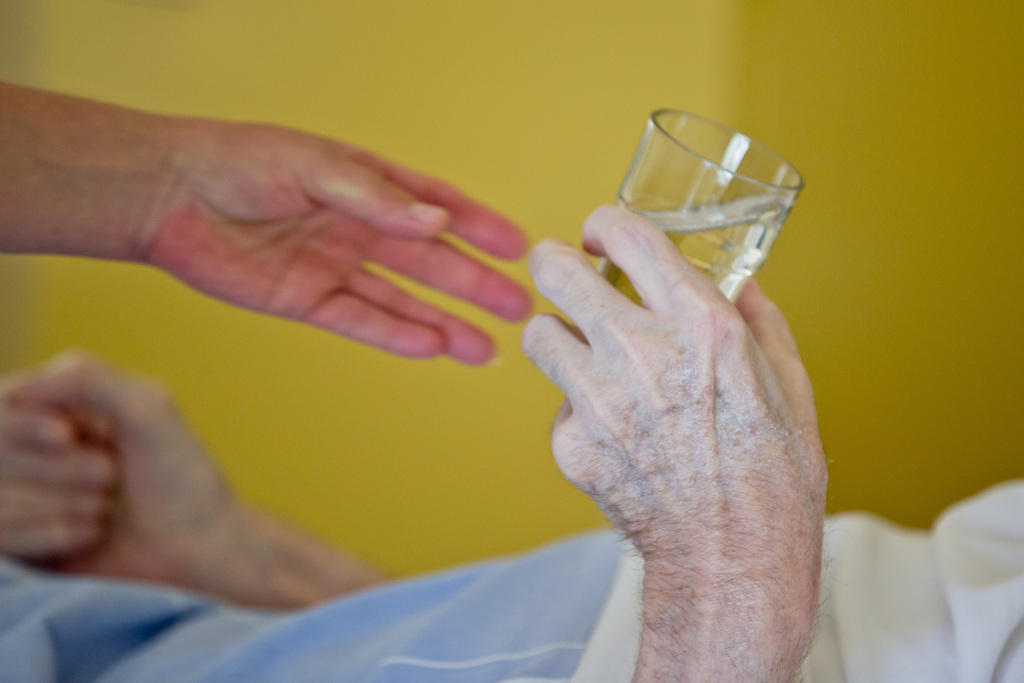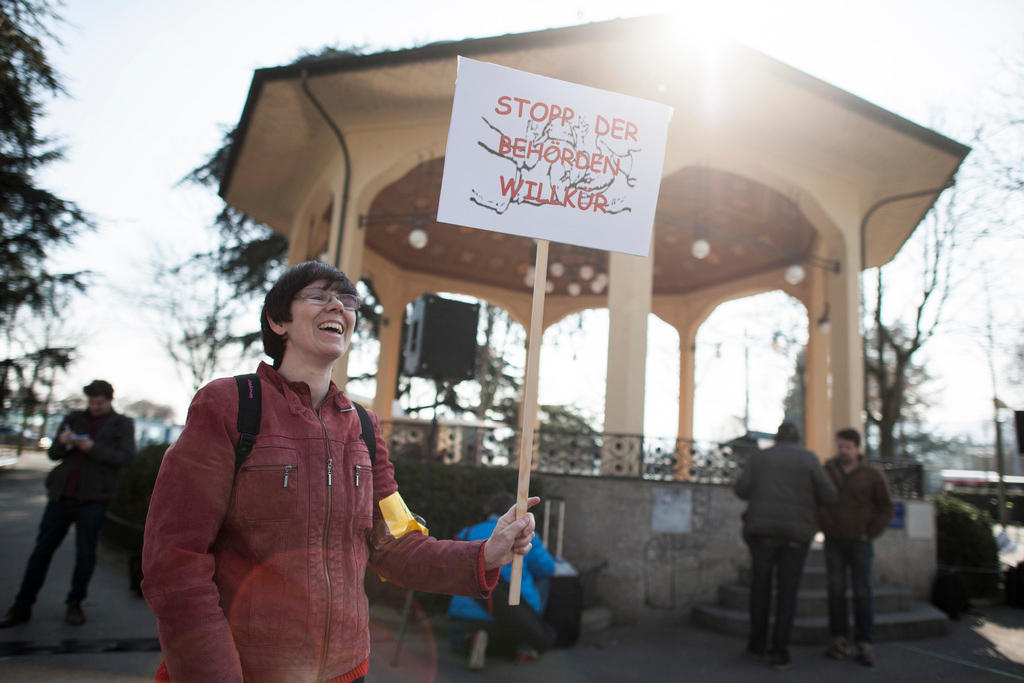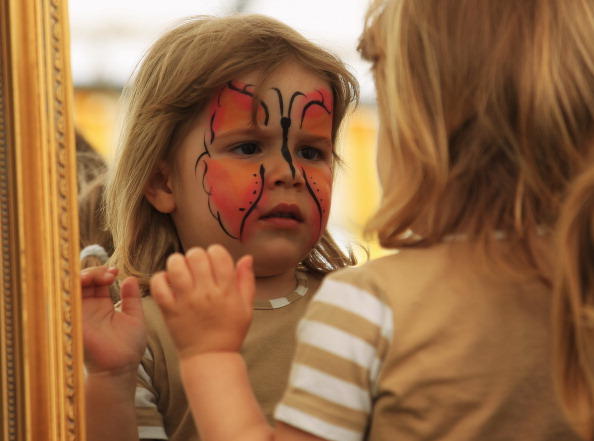Young carers face many obstacles

When a parent or relative becomes ill, children might take on a caring role. Switzerland’s first ever figures show that almost 8% of children aged 10-15 are young carers – far more than previously thought.
Having a parent, sibling or grandparent who is ill with cancer or suffering from depression can be life-changing for some children. They might take on extra care, household and childcare duties; they might even have to administer medicines and drips.
Young carers often remain silent about their situation, says Agnes LeuExternal link, head of the Young Carers research programmeExternal link at Careum ResearchExternal link, the institute of the Department of Health Science at the Kalaidos University of Applied Sciences in Zurich.
“For me it’s like a hidden topic: either young people are hiding it because they don’t want everyone to know or their parents or the person they are caring for don’t want them to talk about it,” Leu told swissinfo.ch.
For the first time, Leu and her team were able to shed light on the extent of the issue in Switzerland. A nationwide survey of children aged 10-15 at 230 Swiss schools found that almost 8% of the 4,800 children polled were taking on care duties. The results even surprised Leu. Based on research in other countries, Leu assumed the number of children affected in Switzerland was 4-5%, as is the case in other countries with research on the topic.
International comparison
Professor Leu and British colleague Saul Becker have carried out an international comparisonExternal link of awareness and policy responses to young carers. The United Kingdom was the only country listed as “advanced” in terms of high awareness, research and policy and practice for young carers.
Next came Australia, Norway and Sweden (intermediate), while New Zealand and Swiss neighbours Austria and Germany were preliminary. Switzerland was quite low down: in the “emerging” group, with the United States, the Netherlands, sub-Saharan Africa and Italy, Ireland and Belgium. France was in the “awakening” group (with Finland, Greece United Arab Emirates).
Even in the United Kingdom, the acknowledged leader in researchExternal link on young carers for almost 30 years, the percentage for under 18s is 2-4%.
Also surprising was the lack of gender gap within this 8%: for girls it was about 9% and boys 6.6%. Older carers tend to be mostly female, Leu said.
“It shows that with young people it doesn’t matter whether it’s a girl or boy, the point is that if there are one to four children in the family, most of the time it’s the oldest taking on the care duties,” the professor commented.
Reactions
Young carers face many obstacles, as interviewsExternal link conducted as part of Leu’s research highlight. Giulia was 16 when her mother was diagnosed with cancer. She says some of her friends did not understand why she had to spend more time with her parents or how she had to avoid getting ill because otherwise she could not visit her Mum. She says she could have done with more understanding from adults as well.
Gaétan Girardin’s mother suffered from a mental illness. For him, support groups would have been helpful.
Often children take on a care role due to the absence of other family members or friends or because professional care is too expensive. But they also want to do the caring, because it is for someone they love, Leu says. They don’t see it as a burden: in fact, around a third of the young carers surveyed said the burden was low or moderate; 22% said it was high and 16% very high.
They said they found it more difficult to achieve the same results as their peers, for example in school, which is very important to a lot of young carers. School also offers a break from their caring duties, but finding time for school work often takes a lot more organisation.
The professionals
Leu and her team also conducted a second nationwide survey of just over 3,500 education, healthcare and social professionals to find out what kind of awareness they had of young carers. They found that many were still not sufficiently familiar with the topic. But once the concept had been explained to them in detail, 40% of those questioned said they had come across young carers in their professional roles.
In many cases children only came to teachers’ attention when they had problems at school like tiredness. Professionals said they wanted more information and training to help spot young carers and to be able to help them earlier.
For Leu, the results of both surveys mark an important first step in drawing attention to the situation in Switzerland. Research is continuing into what support is needed, which should be published next year.
Government action plan
The Swiss government has approved an “Action plan for support and respite of relatives providing care”External link as part of its Health2020 policy priorities.
Daniel Dauwalder, spokesman for the Federal Office of Public HealthExternal link, said that the government was aware of the issue of young carers and had launched a large scientific programmeExternal link regarding carers both adult and young. “One study focuses on the needs of family carers for support in general, but also regarding their workplaces. In this study people from age 9 onwards (i.e. children) are asked about their needs. At the moment a preliminary study has been done,” he told swissinfo.ch via email.
Leu says more needs to be done to help young carers, also in the government’s action plan, which she says is too focused on adult carers. Setting up a nationwide carers’ organisation is also a priority as Switzerland is one of the only countries without such a body.

In compliance with the JTI standards
More: SWI swissinfo.ch certified by the Journalism Trust Initiative



You can find an overview of ongoing debates with our journalists here. Please join us!
If you want to start a conversation about a topic raised in this article or want to report factual errors, email us at english@swissinfo.ch.